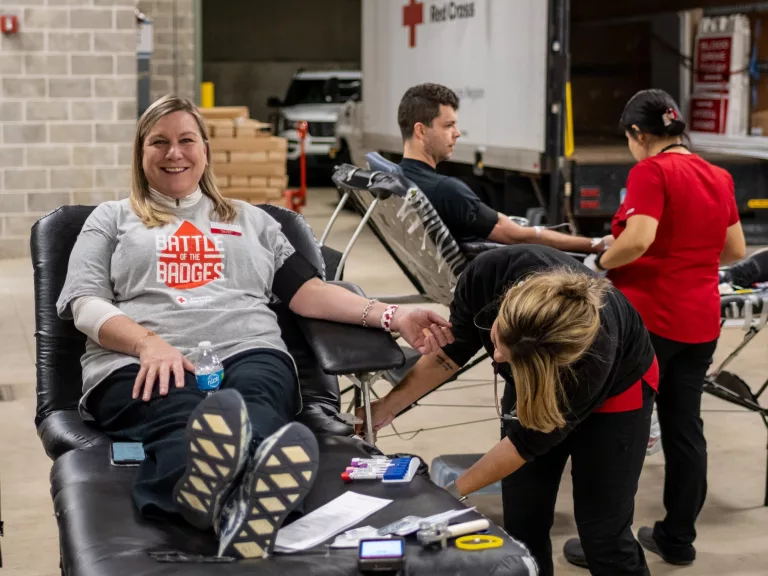By: Georgette Harrison
It is difficult to believe that we are just days away from Halloween. As soon as we seem to recover from the costume frenzy, the holidays are just around the corner. For many, the holidays are a time to rejoice, celebrate and reunite with loved ones. This year might take on a different meaning. For many, this might be the first holiday season when we have felt comfortable enough to spend them with other loved ones since the pandemic began.
While there is certainly much to celebrate for many, the holiday season can also be a stressful time for children and families. Even joyous events, marked by extensive planning, traveling, and high expectations for our time spent together, can cause stress. From a child’s perspective, the high levels of excitement and departure from their usual routines can cause emotional dysregulation. As parents, we might also be more aware of our child’s behavior when we’re around others. Battles that we choose to forgo at home over the picky eating of a preschooler, the sighs and eyerolls of a teenager, or the shyness of a temperamentally anxious child, suddenly seem like battles we should win when we’re in the presence of another person. Children might become confused by the change in where the lines are suddenly drawn. All of this was true during the holidays before COVID19.
The pandemic, however, can exacerbate these typical holiday stressors. Think about one of the first questions a child is asked by well-meaning relatives and friends: “How is school going?” For many children and teenagers, this academic year has been difficult. This is the third academic year impacted by COVID, and while many have relished the return to school, many others also share that this school year feels more difficult academically. Many children have felt the stress of trying to “catch up” or trying to find a balance between their academic demands, social life with peers, sports, extracurricular activities, and family time; something that they haven’t had to do for almost two years. Some kids have adapted, while others are still struggling, and some are in significant distress. So a benign question like “How is school going?” is fraught with feelings of anxiety, inadequacy and shame, particularly because it being asked in a public forum.
For other children, this season might mark the first holiday after having lost a loved one. A study published in the journal Pediatrics estimated that there were approximately 140,000 children who had lost a primary caregiver to COVID, and the number was predicted to be closer to 170,000 by October 2021. The holidays can bring up the feelings of loss and despair that might have slightly subsided with time. However, the death of a primary caregiver is a loss that is so significant it changes the family inexorably. For those who are left behind to support those children, the holidays might feel like a time to help them regain a sense of joy and wonder. However, in our effort to take away their pain, we might miss that the holiday may also be a time of acute mourning for them, a time when the renewed grief feels so intense it takes their breath away.
So what is a good-enough caregiver to do? First and foremost, have a conversation with your child. Ask them how they’re feeling about the holidays coming up. What are they looking forward to, and what might they be nervous about? Make a plan about how to handle questions they might feel ill-prepared to answer and how you, as their caregiver, can support them through the joys and the stress of the holiday season.
That conversation will be your primary strategy, but remember that any important conversation is held more than once. There are many other ways to support your child during this time period. If you’d like to learn more, join us on November 4th at 6:00PM at the Second Congregational Church of Greenwich, when I will provide more tools you can use to support your child during the holiday season, as well as how to recognize signs of anxiety and depression and when to seek professional help. You can register for this event by going to 2cc.org.
If your child and your family need more support during this holiday season, the Child Guidance Center of Southern CT is here to help. Call us at 203-324-6127 for assistance. If your child is experiencing a mental health crisis, please call 211.





